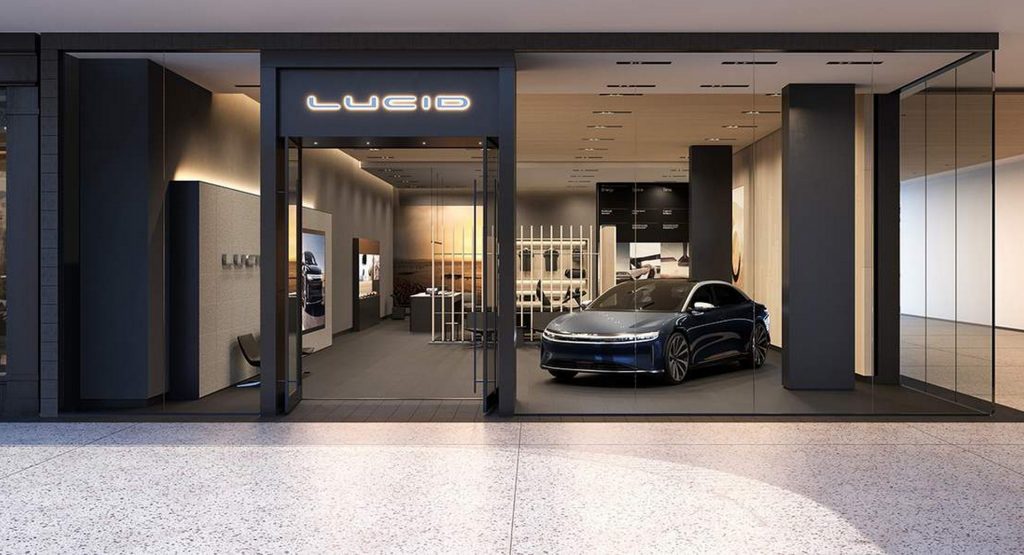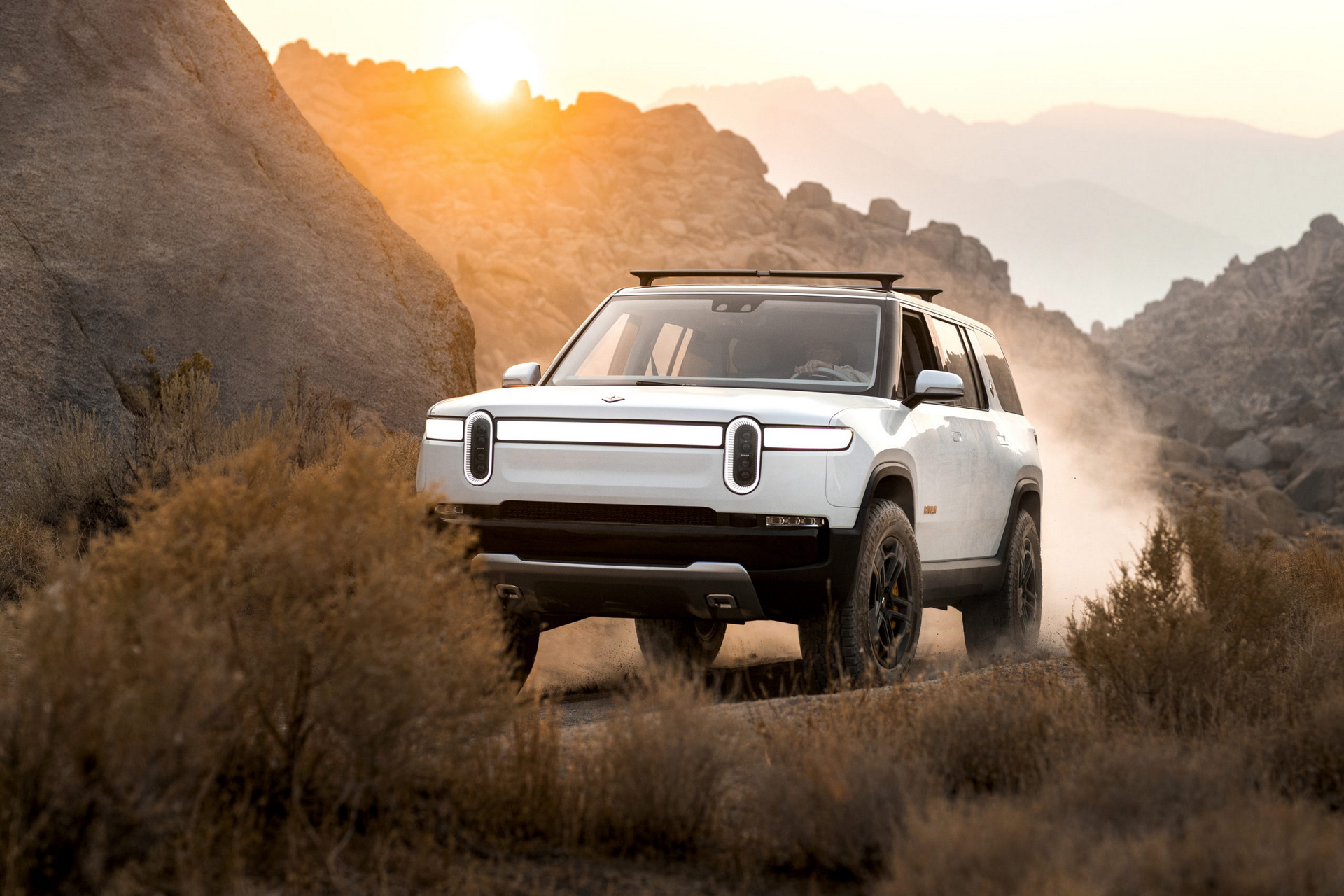There’s good news for EV startups like Tesla, Lucid, Rivian, and Polestar, who got a win today in Michigan. House Bill 6233, which would have essentially banned them from operating direct-sales showrooms in the state, has died in the state Senate.
That’s according to a report from CNET, which got word from Lucid Motors that the bill failed Friday.
“Lucid Motors is pleased that HB 6233 failed after the Michigan Senate ended its session without taking action on the bill,” it wrote in a statement.
According to Lucid Motors, the bill was anti-competitive. The statement also implied that the bill was designed to benefit dealer groups, not car buyers.
Indeed, environmental groups in Michigan decried the bill as counter-productive to EV adoption. Charlotte Jameson, program director for environmental affairs at the Michigan Environmental Council called the bill “telling” in September.
“Michigan continues to claim the mantle of being at the forefront of the auto industry, but full-electric vehicles are the future,” Jameson said. “It’s telling that instead of bills that break down regulatory barriers to electric vehicle adoption, the Michigan House chose to hinder the sale of electric vehicles and disincentivize manufacturers from locating in Michigan.”
Just because HB 6233 failed, though, does not mean that another won’t be introduced. Indeed, Lucid Motors said it expects the issue to be brought up again at some point.
The decision will be important to all small EV brands, though. Initially, it looked like Tesla would be excepted from the legislation’s ban, but a change to bill made just a few weeks ago removed Tesla’s exception from it.
Read Also: Michigan Does Backflip On Direct Sales Rules, Hurting Tesla
Startups, that is to say, smaller independent manufacturers could be facing more pressure than ever before. With major manufacturers like GM and Ford taking big strides with EVs this year, the market will be a competitive one in the near future.
Despite being convinced that the issue is not totally resolved, though, Lucid told Roadshow that it is not slowing its efforts to establish a presence in Michigan. The Michigan Environmental Council, for its part, suggested that legislators work to invite EVs in the state, rather than legislate against them.
“We have much more work to do to create a welcoming policy environment for the manufacture and sale of electric vehicles, but legislators can start by not supporting a bill that would throw cold water on the market,” said Jameson.






